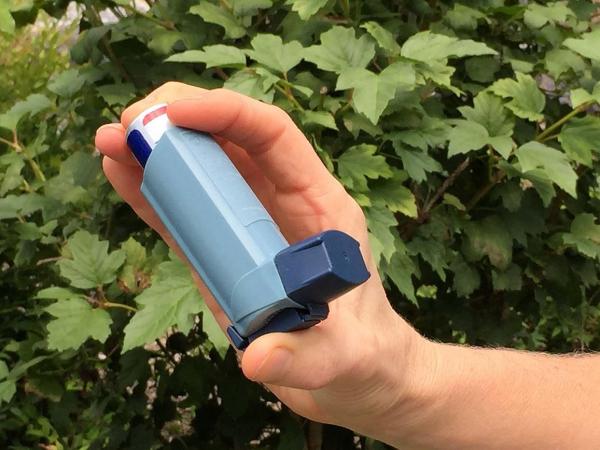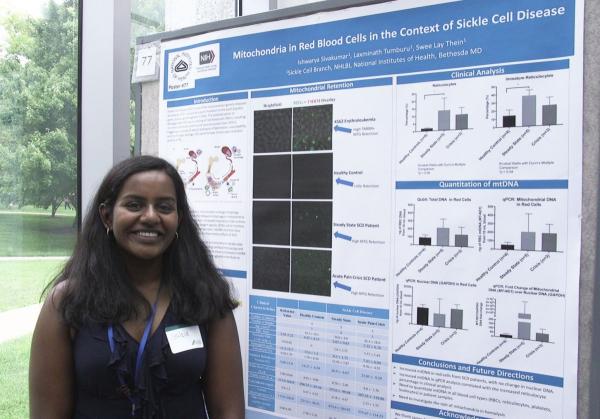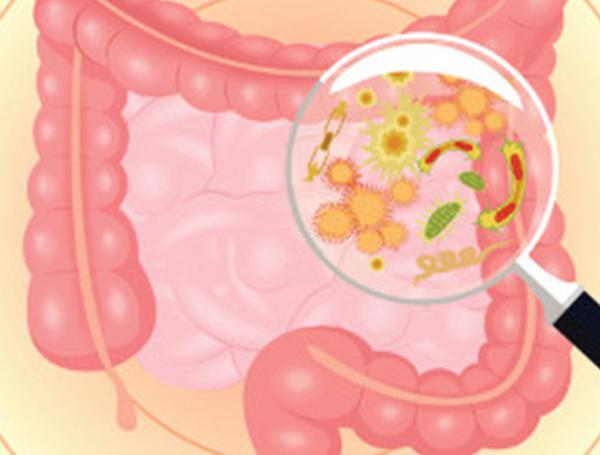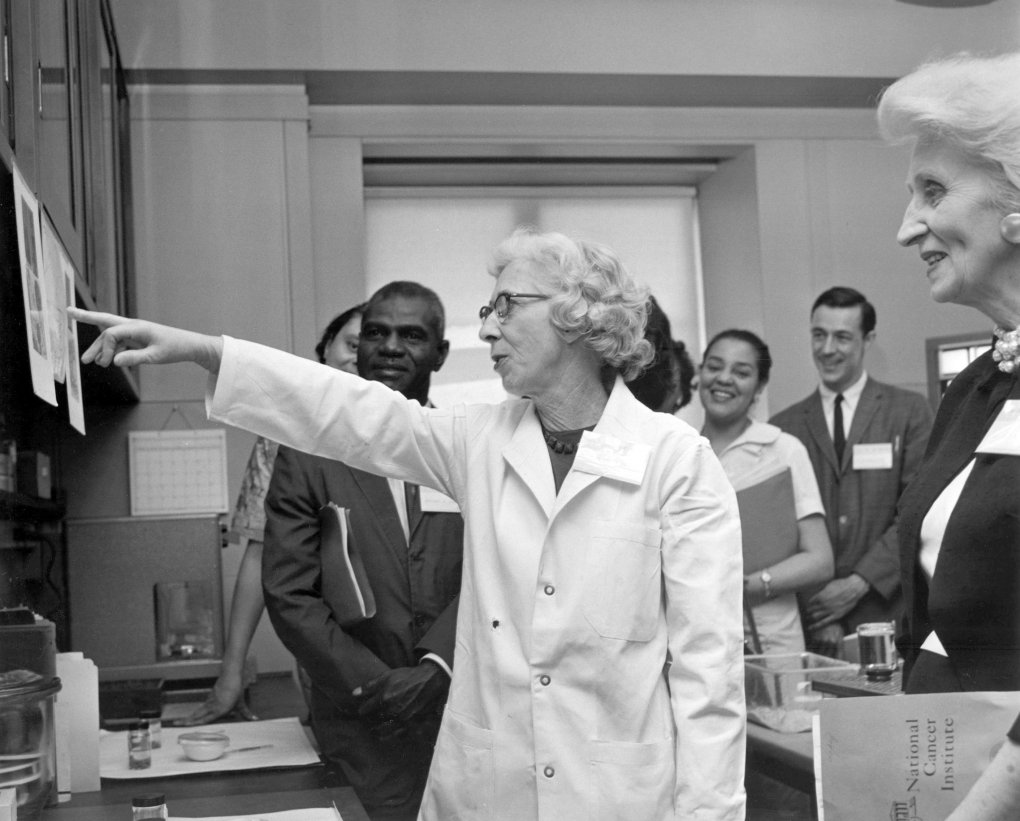A Hiatus From Food Could Benefit Asthma Patients
Between fast-food outlets, vending machines, and food trucks — not to mention good old-fashioned home cooking — many people face no shortage of opportunities to eat. But as satisfying as a crisp potato chip or a moist pork chop may be, people with asthma and many other conditions may prefer to resist tasty temptations if it means alleviating some of their symptoms. In a small pilot study, IRP researchers found evidence that abstaining from food for 24 hours could inhibit some of the cellular processes that cause asthmatics’ breathing problems.







